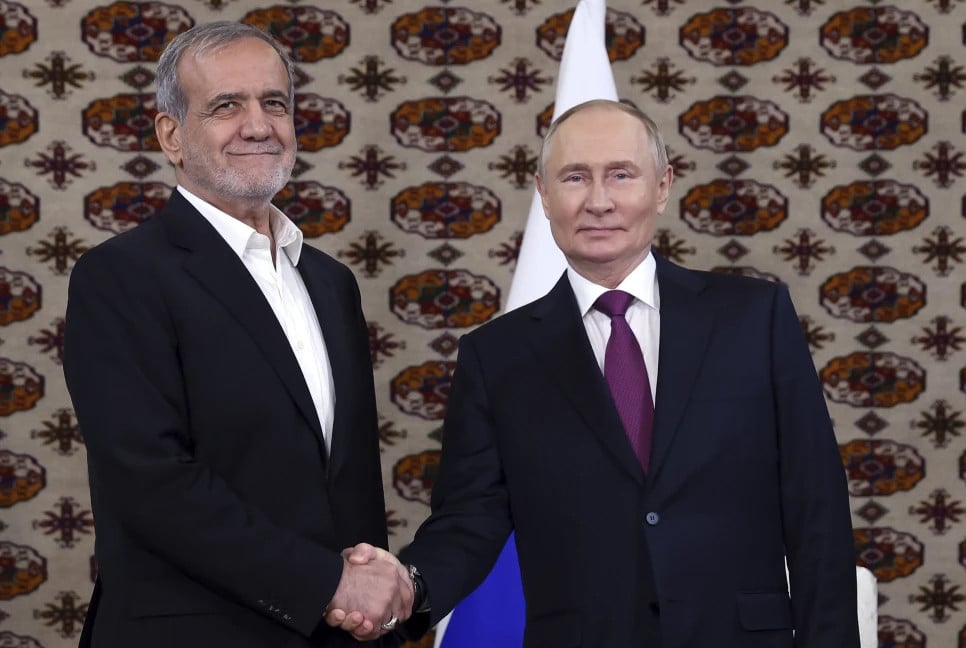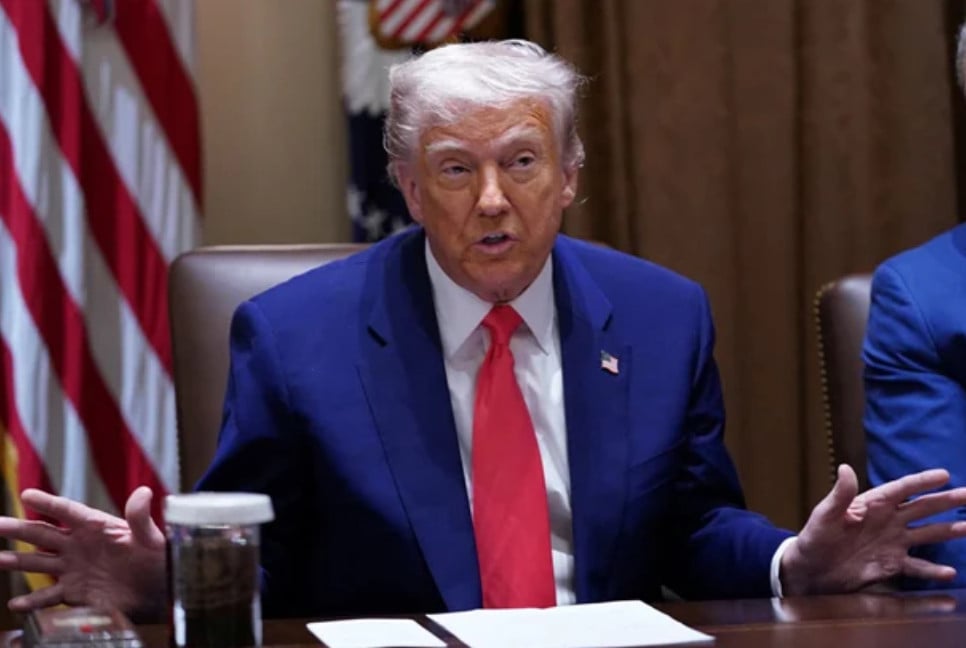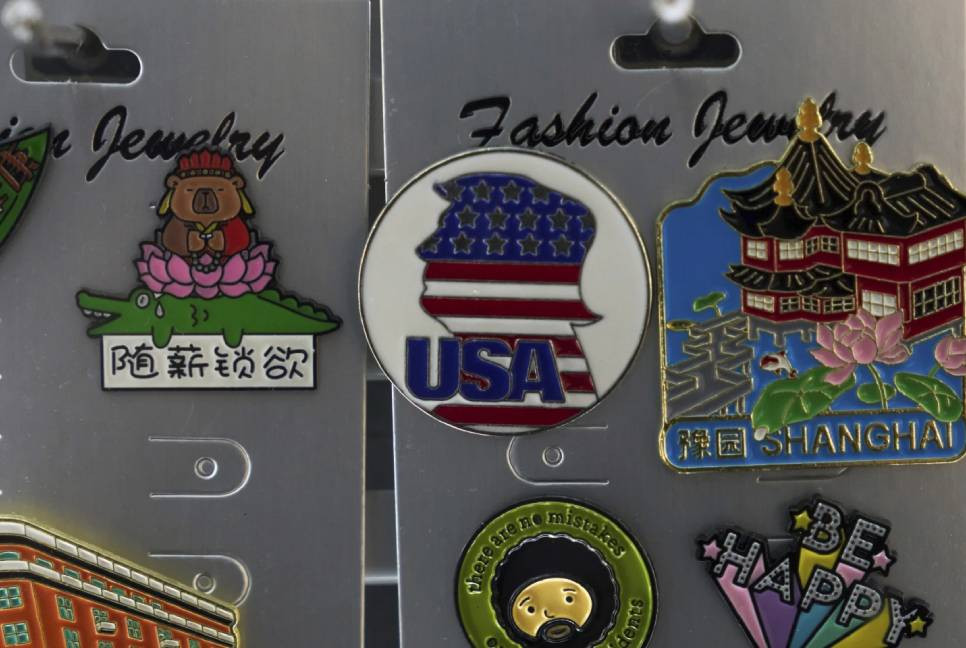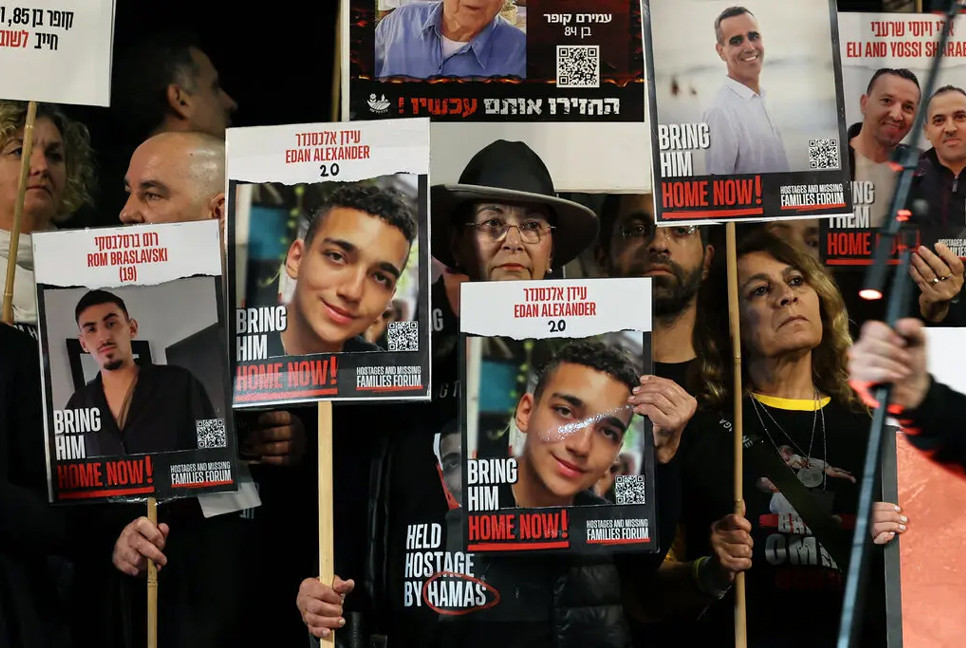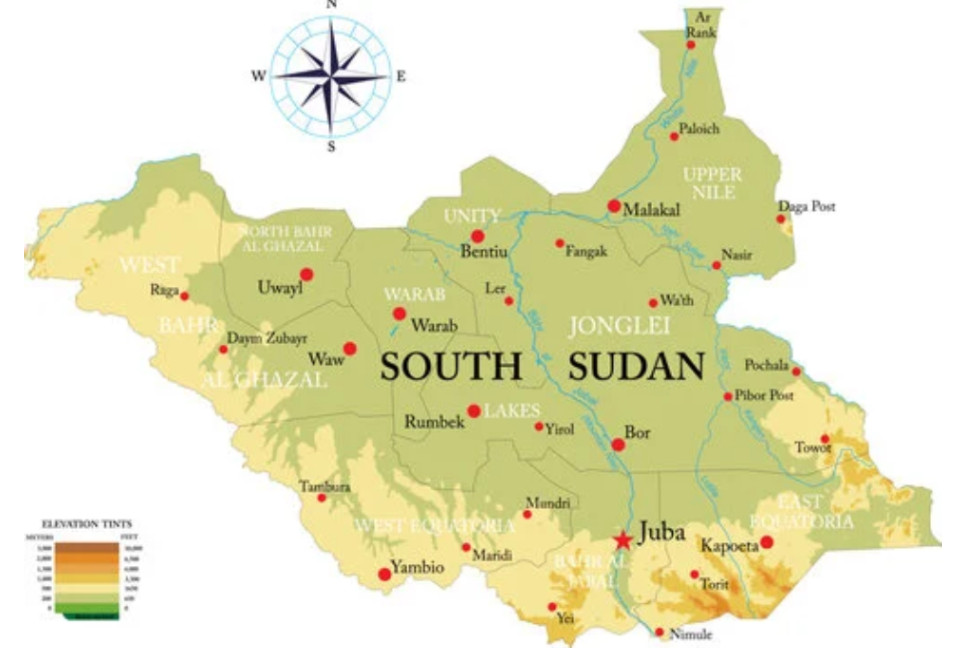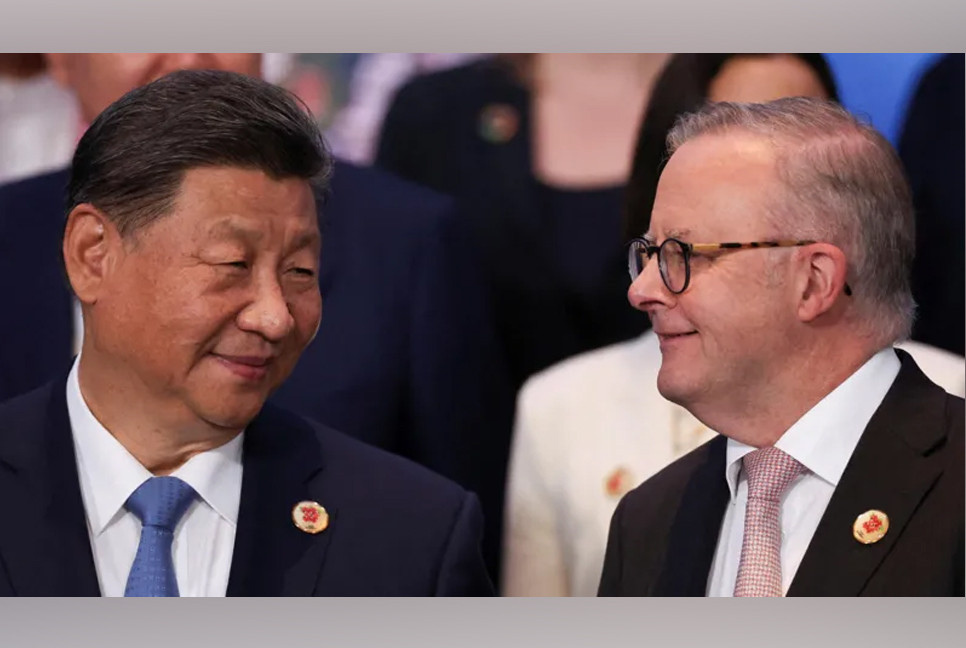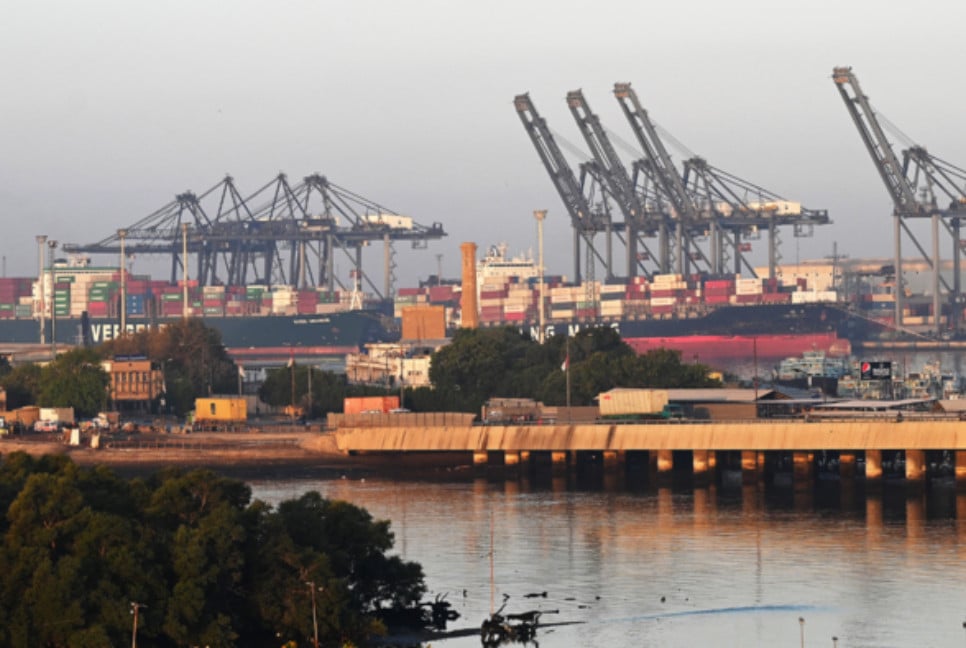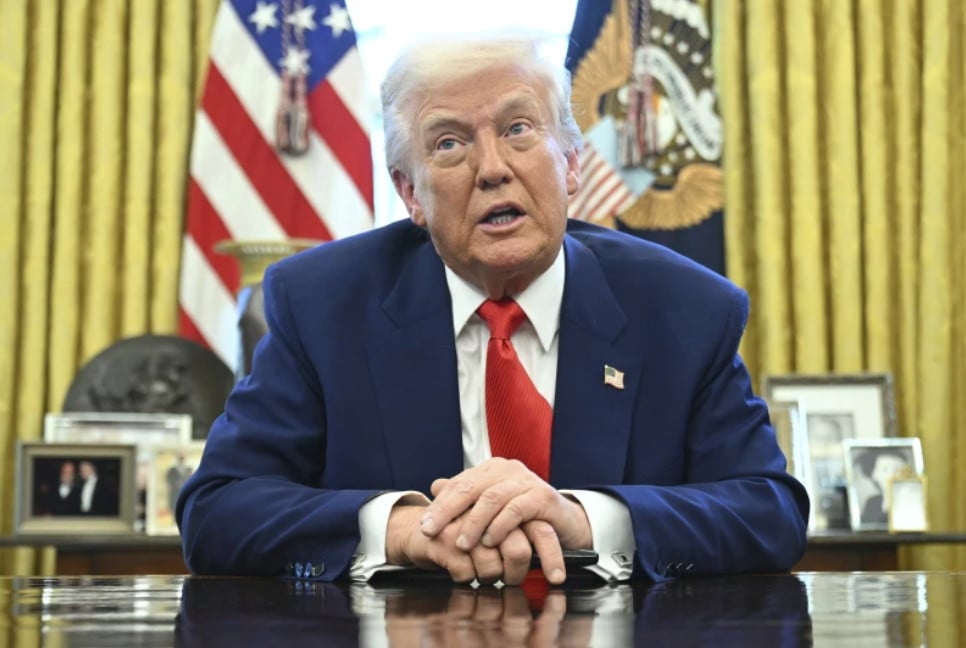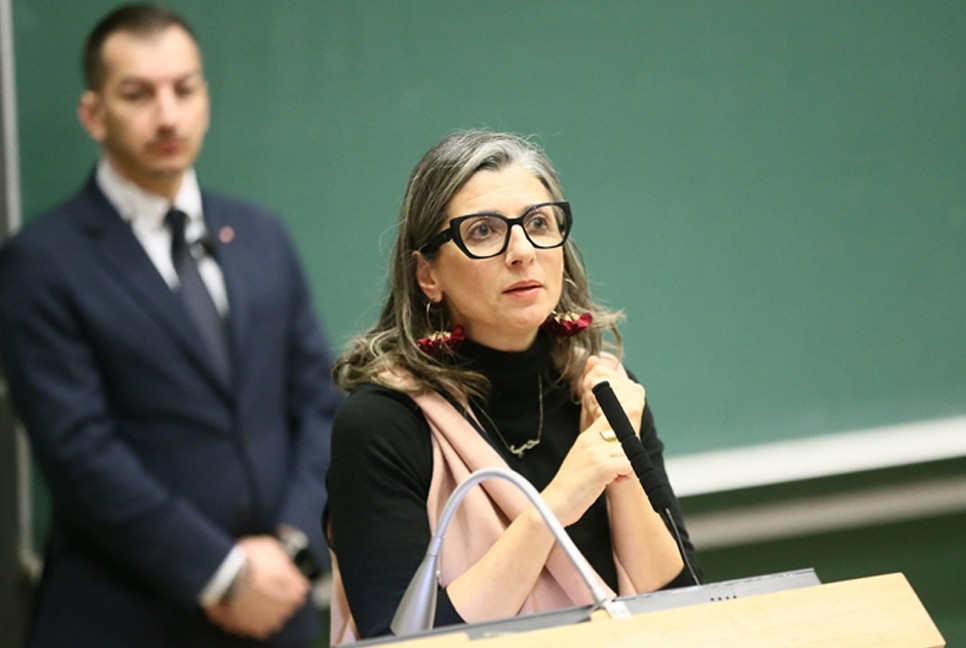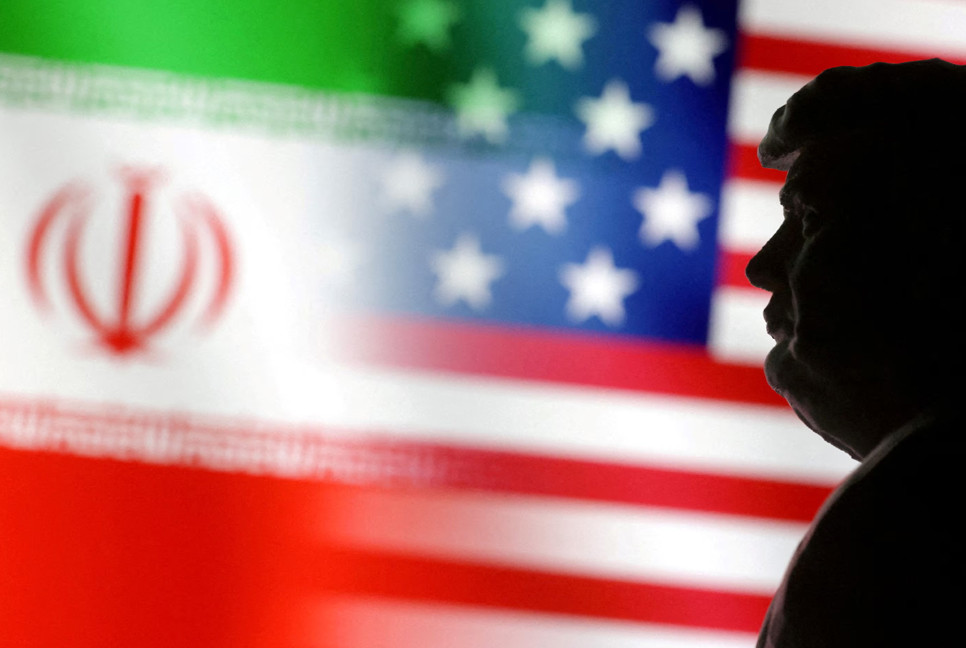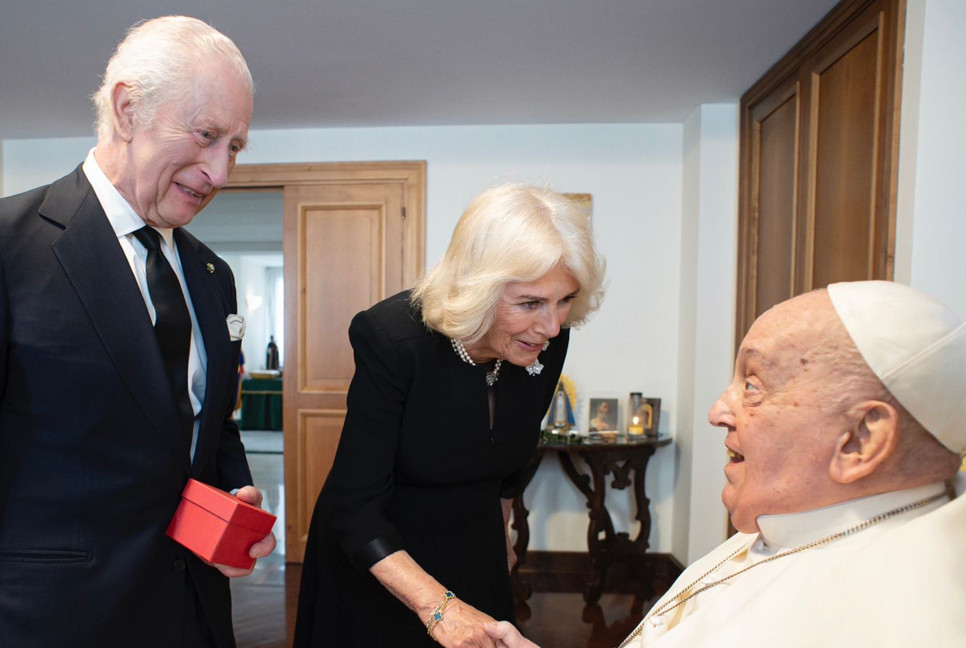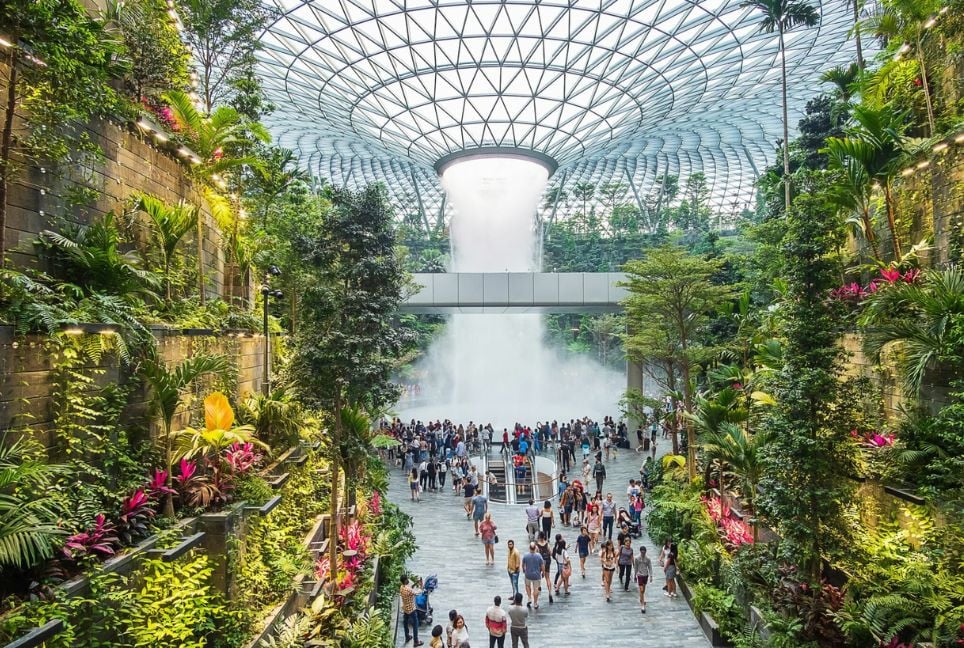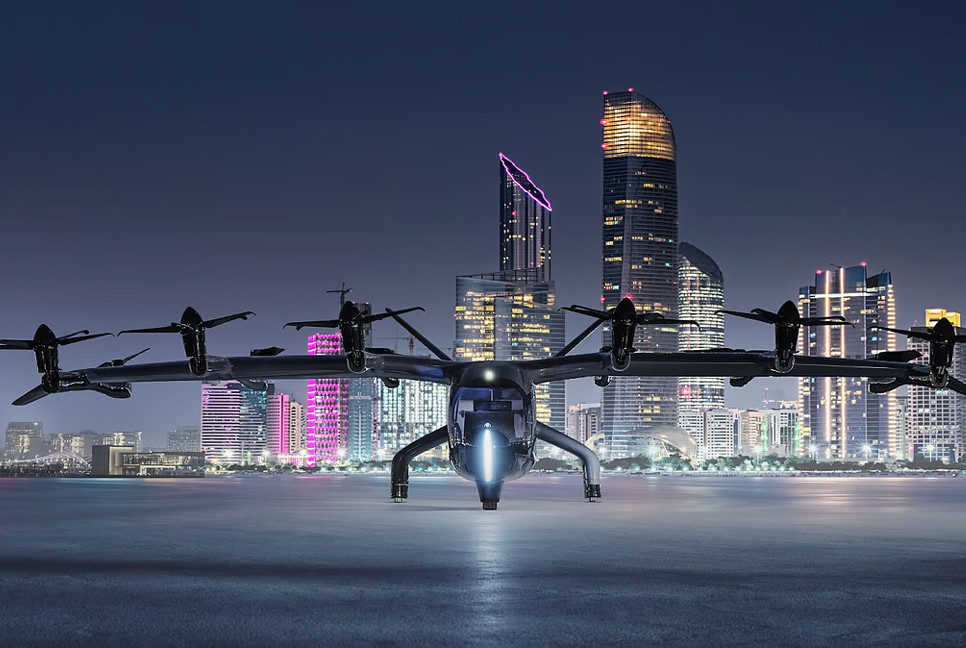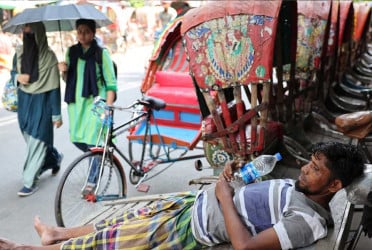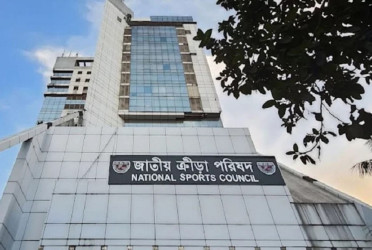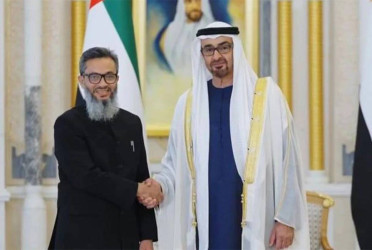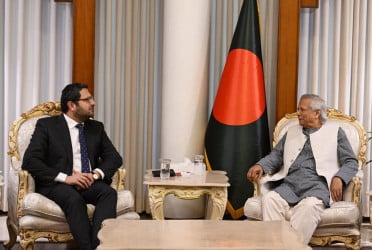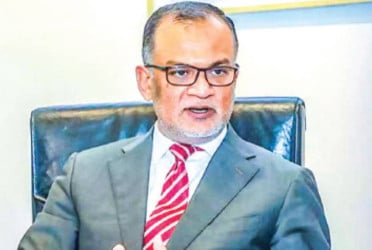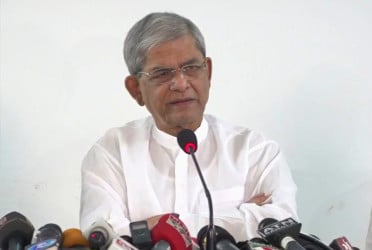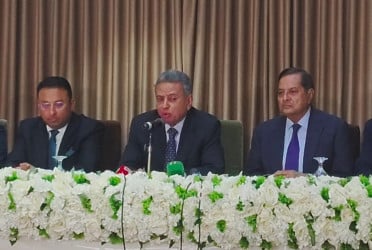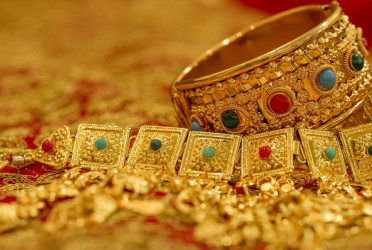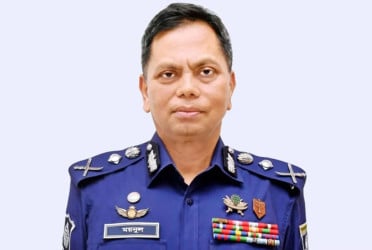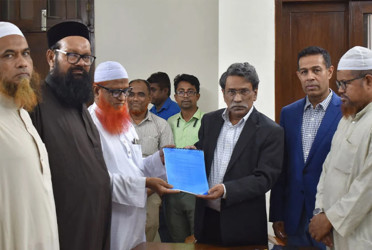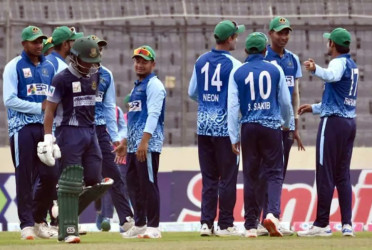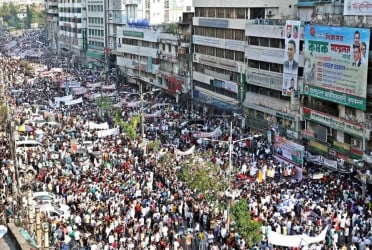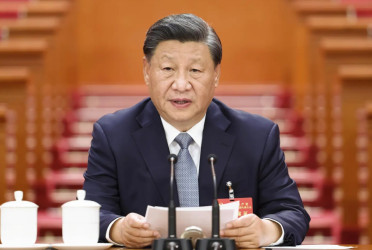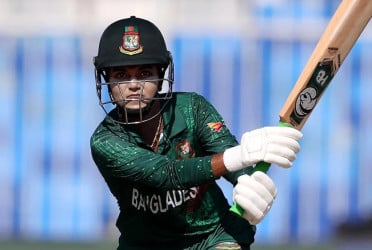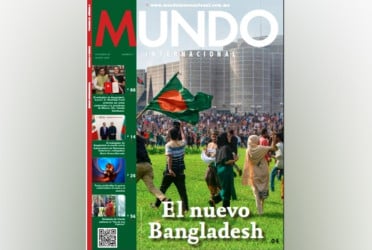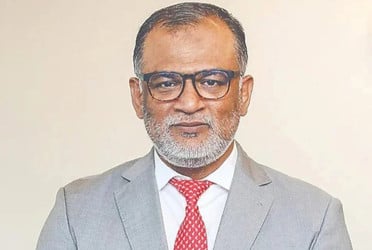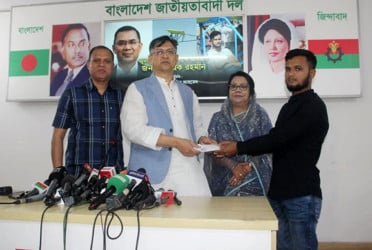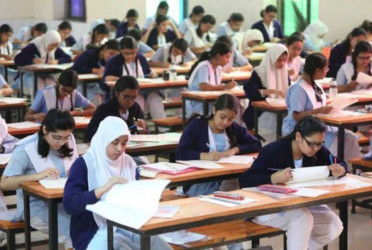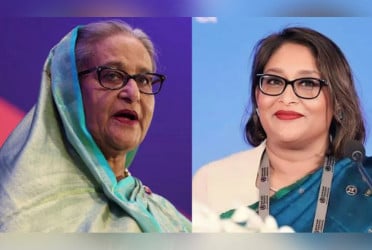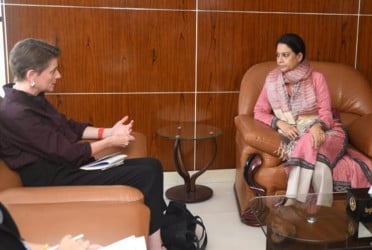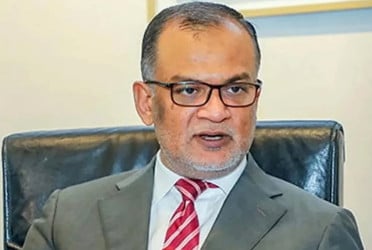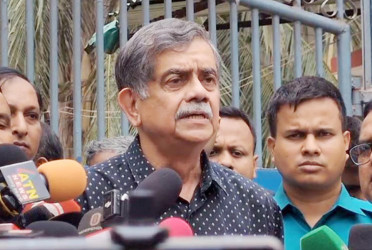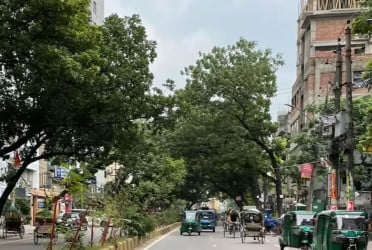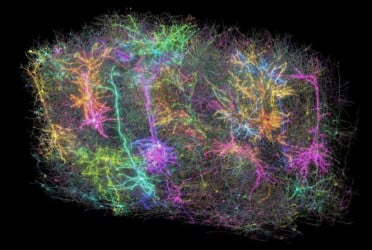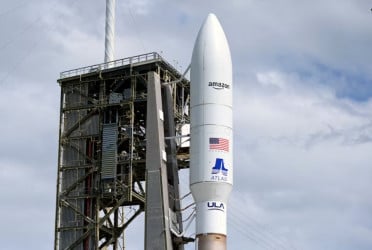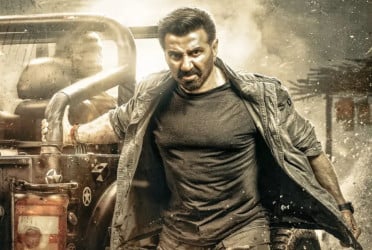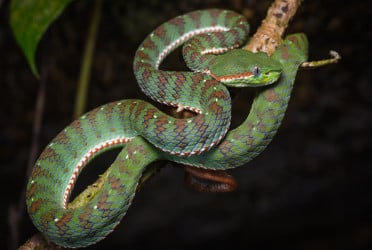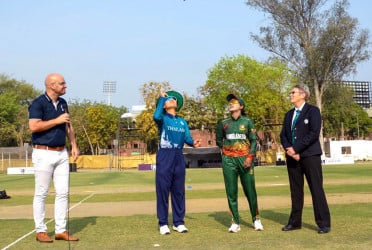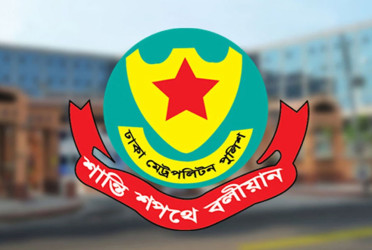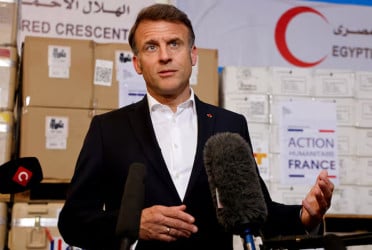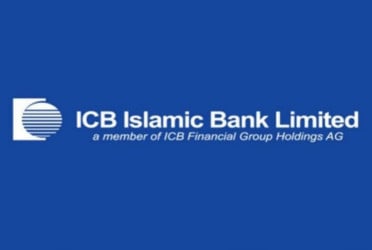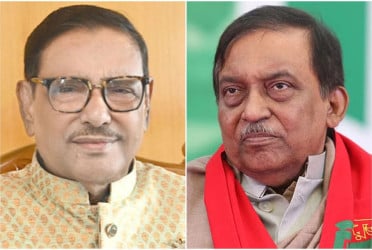Iranian President Masoud Pezeshkian arrived in Russia on Friday for the signing of a broad cooperation treaty as his country grapples with growing economic problems and other challenges.
After laying a wreath at the Unknown Soldier’s Tomb at the Kremlin Wall, Pezeshkian was to hold talks with Russian President Vladimir Putin.
It’s their third meeting since Pezeshkian’s election in July.
Kremlin spokesperson Dmitry Peskov said the “comprehensive strategic partnership treaty” to be signed by the two leaders covers all areas -– from trade and military cooperation to science, education and culture.
The signing comes ahead of the January 20 inauguration of US President-elect Donald Trump, who has pledged to broker peace in Ukraine and take a tougher stance on Iran
Peskov dismissed any link with Trump’s inauguration, saying the signing had been planned long ago.
Last year, Iran joined the BRICS bloc of developing economies and Pezeshkian attended its summit, which was hosted by Russia in Kazan.
Russia and Iran, which had troubled relations in the past, developed cordial ties after the 1991 Soviet collapse, with Moscow emerging as a key trade partner and supplier of weapons and technologies for Tehran, which has faced bruising international sanctions.
Russia has built Iran’s first nuclear plant that was launched in 2013 and is building two more nuclear reactors there.
Russia was part of the 2015 deal between Iran and six nuclear powers offering sanctions relief for Tehran in exchange for curbing its atomic program, and the Kremlin offered political support to Iran when the U.S. unilaterally withdrew from the agreement during Trump’s first term.
Russia’s ties with Iran have grown even closer after Putin sent troops into Ukraine in February 2022. Ukraine and the West have accused Tehran of providing Moscow with hundreds of exploding drones for use against Ukraine, which Moscow and Tehran have denied.
Russia and Iran also pooled efforts to shore up Bashar Assad’s government during Syria’s civil war, but failed to prevent his swift demise last month after a blitz opposition offensive.
Assad's downfall dealt another blow to Tehran’s self-described “Axis of Resistance” across the region, which had already been pummeled by Israel’s offensives against two militant groups backed by Iran -– Hamas in Gaza and Hezbollah in Lebanon. Israel also attacked Iran directly on two occasions.
Tehran increasingly needs Moscow’s assistance as it faces economic woes and stinging setbacks across its sphere of influence in the Middle East. The troubles could deepen after Trump returns to the White House with his policy of “maximum pressure” on Iran.
In particular, Iran wants sophisticated Russian weapons like long-range air defense systems and fighter jets to help fend off possible attacks by Israel.
AP
Bd-Pratidin English/ARK

